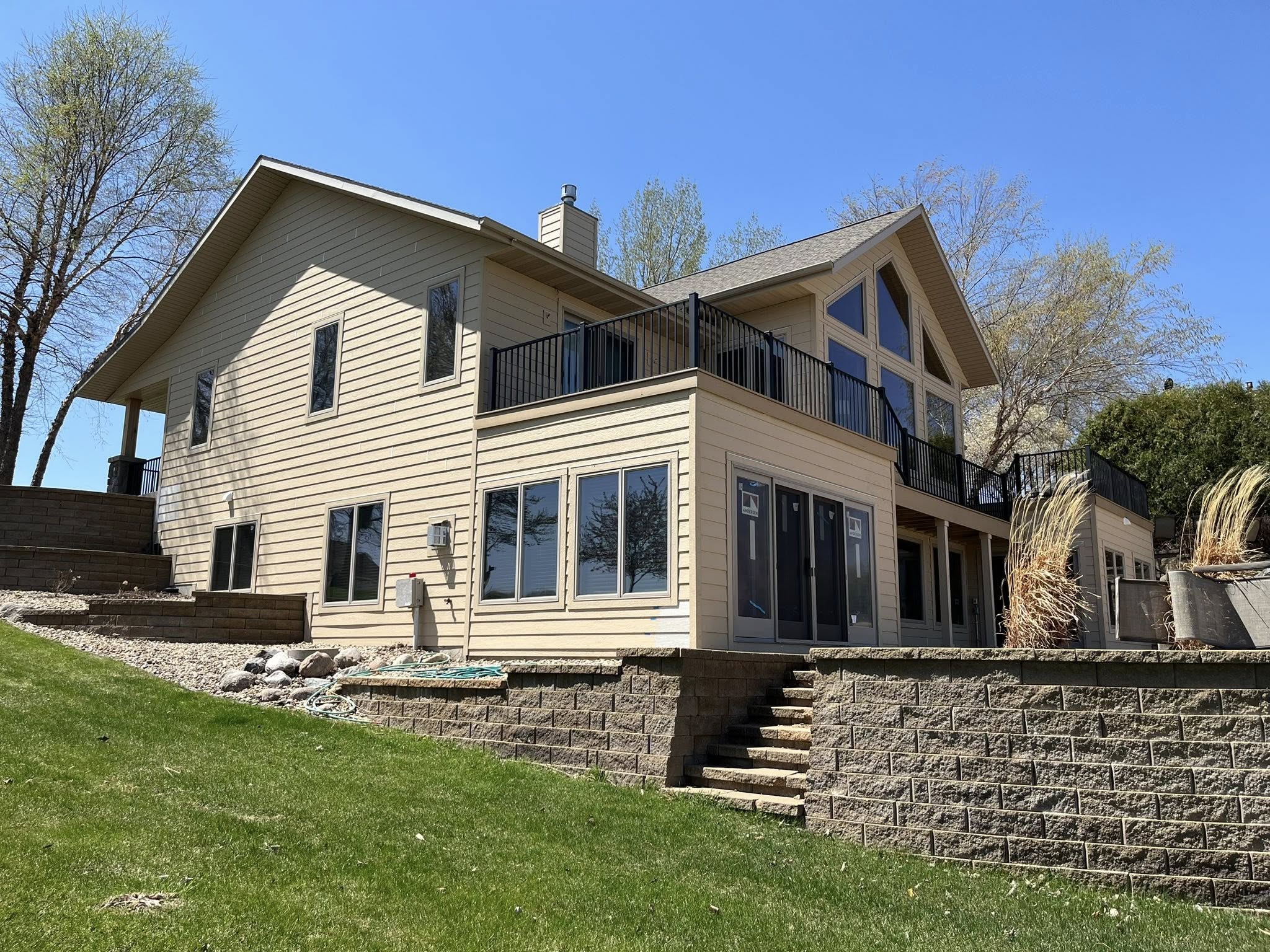
Eco-Friendly Remodeling: Sustainable Practices for the Modern Home Oct 25, 2025
The cornerstone of eco-friendly remodeling begins with understanding the materials you choose. Opting for sustainable materials can significantly reduce the environmental footprint of your renovation. When selecting wood, for instance, consider certified products such as those approved by the Forest Stewardship Council. These products ensure that your wood is sourced from responsibly managed forests. Additionally, materials like bamboo, recycled metal, and reclaimed wood offer durability and unique aesthetics while being kinder to the environment.
Energy efficiency is another critical aspect of sustainable remodeling. One of the most effective ways to enhance energy efficiency is by installing energy-efficient windows that offer superior insulation. Not only do they help maintain a stable indoor climate, reducing the need for energy consumption, but they also contribute to lowering utility bills. Complementing these windows with energy-efficient lighting, such as LED bulbs, adds the dual benefit of longevity and reduced electricity usage.
Insulation is yet another pivotal factor in eco-friendly remodeling. Implementing proper insulation can vastly improve your home's energy efficiency. Materials such as cellulose or spray foam, both derived from recycled products, offer exceptional insulating properties. Such insulation methods help conserve energy, making your home comfortable during various weather conditions.
The choice of appliances plays a central role in sustainable home remodeling. Incorporating Energy Star-rated appliances ensures that your home functions effectively without unnecessary energy wastage. From fridges to washing machines, these appliances utilize technology that minimizes energy usage without compromising performance.
Water conservation also deserves attention in eco-friendly remodeling projects. Installing low-flow fixtures not only alleviates water wastage but also contributes to significant cost savings. Consider water-efficient faucets, toilets, and showerheads that offer excellent performance while reducing water usage. Additionally, the integration of rainwater harvesting systems can further support water conservation by collecting rainwater for irrigation or toilet flushing.
Indoor air quality is an often overlooked aspect of sustainable home improvement. The use of non-toxic, low-VOC (volatile organic compounds) paints can drastically improve the air quality inside your home. These paints are free from harmful chemicals, offering a safe breathing environment for your family while maintaining style and color vibrancy.
Finally, consider the waste generated during renovations. Creating a waste management plan that prioritizes recycling and repurposing construction waste can significantly reduce environmental impact. For example, donating old appliances or cabinets to local charities not only benefits the community but also diverts waste from landfills.
In conclusion, eco-friendly remodeling is an investment in both your home and the environment. By opting for sustainable materials, enhancing energy and water efficiency, and focusing on indoor air quality, you create a healthier, more efficient living space. At SC Specialties, we are committed to guiding you through each step of your remodeling journey, ensuring that your home aligns with your ecological values while reflecting modern, sustainable living. Choose to transform your space responsibly, and experience the rewards of eco-friendly living.
/filters:no_upscale()/media/740e7c45-32ed-4500-8e50-10a1ef44ac97.jpg)